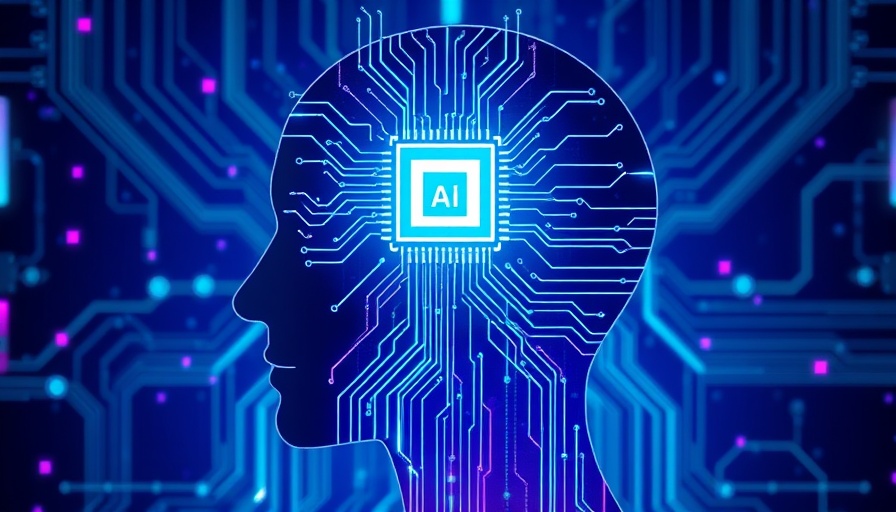
The Shifting Paradigm of Aging: How AI is Leading the Charge
Aging is a natural part of life, yet many people view it with apprehension. The decline in health and independence that often accompanies aging can be daunting. However, artificial intelligence (AI) is set to reshape how we approach aging. By developing innovative tools and methodologies, AI may help us maintain our health, live independently, and remain socially engaged as we grow older.
Revolutionizing Personalized Healthcare
One of AI’s most groundbreaking contributions may lie in revolutionizing personalized healthcare. This technology has the potential to analyze extensive medical data—from blood tests to genetic information—to identify health conditions before they become serious. For example, imagine a world where AI can analyze a routine brain scan and catch the early signs of dementia years ahead of any visible symptoms. Such advancements could allow for early interventions that significantly alter the trajectory of our health.
Improving Chronic Condition Management
Chronic diseases like diabetes and heart disease require continuous monitoring and care. AI can tailor treatment plans to individual needs by analyzing ongoing patient data, ensuring that medications and therapies can be adjusted to maximize effectiveness while minimizing side effects. This approach not only enhances patient care but also empowers individuals - especially seniors who may find frequent medical visits challenging - to take control of their health.
Maintaining Cognitive Function and Independence
AI's role in preserving cognitive abilities and independence among seniors cannot be overstated. Systems powered by AI could assist in memory support for individuals at risk of cognitive decline or dementia. For example, through voice-activated reminders and digital companions, older adults can maintain daily routines and continue engaging with their communities.
Smart Homes: Enhancing Quality of Life
Smart home technologies are increasingly integrated with AI to create supportive living environments for seniors. Imagine homes equipped with sensors that detect unusual activity patterns, such as prolonged inactivity or missed meals—these systems can alert caregivers or family members. By providing a safety net, smart homes can foster greater independence among elderly individuals while easing family concerns about their well-being.
A Future of Collaboration: Humans and AI
While many individuals might fear the implications of AI in healthcare, it’s essential to view this technology as a partner rather than a replacement. Building collaborative systems that utilize AI will require input from doctors, patients, and technology developers. This collaborative approach can ensure that the evolving landscape of healthcare remains holistic and human-centered.
Exploring the Emotional Side of Aging with AI
As we consider the intersection of AI and aging, it’s crucial to acknowledge the emotional aspects. Growing older often comes with feelings of isolation and loneliness. AI technologies that create more meaningful social connections—like virtual reality platforms that allow seniors to connect with others virtually—can help combat feelings of loneliness and foster community engagement.
Frequently Asked Questions About AI and Aging
Will AI replace healthcare professionals?
AI is not meant to replace healthcare professionals but to enhance their capabilities. The combination of AI support and a skilled healthcare team can lead to better patient outcomes.
How can AI assist seniors in their daily lives?
Through smart home technology, AI can help monitor daily activities, remind seniors about medications, and facilitate social engagement through various digital tools.
As we stand on the cusp of these technological advancements, it’s clear that AI can play a pivotal role in extending both the quality and longevity of our lives. Embracing this technology is not just about promoting longer lives but enhancing the quality of life that we can experience as we age. Understanding the potential benefits of AI in healthcare is essential for everyone, especially seniors and their families, as we navigate this new frontier.
In conclusion, artificial intelligence presents a dynamic opportunity to rethink our approach to aging, transforming health predictability and lifestyle adaptation. It's vital for individuals to engage with the evolving technology landscape to ensure they are equipped to lead healthier lives well into their senior years.
 Add Row
Add Row 

 Add
Add 


Write A Comment